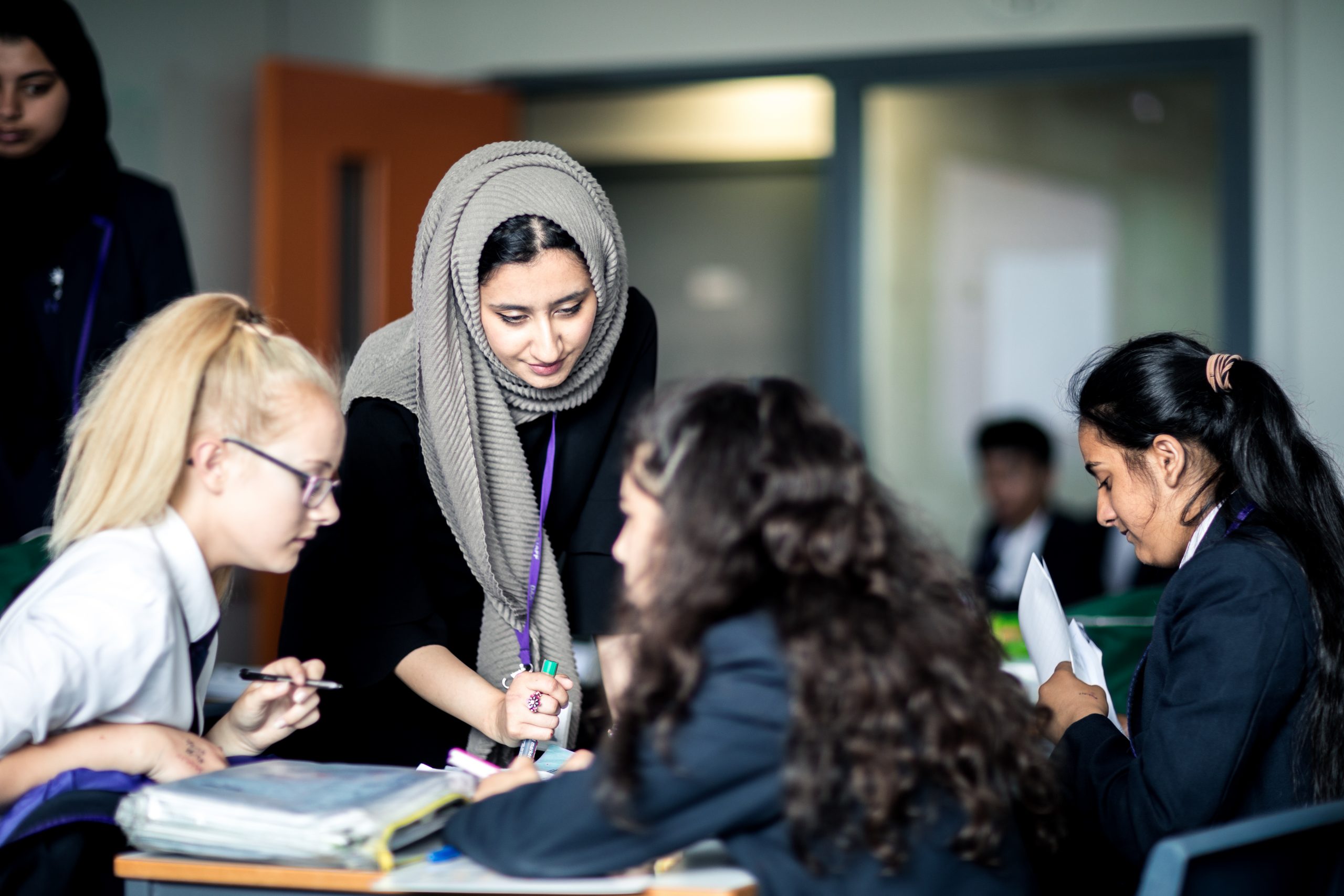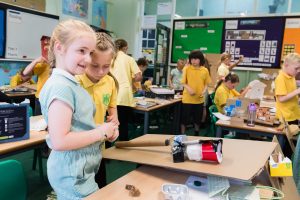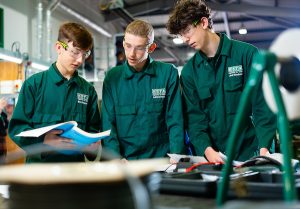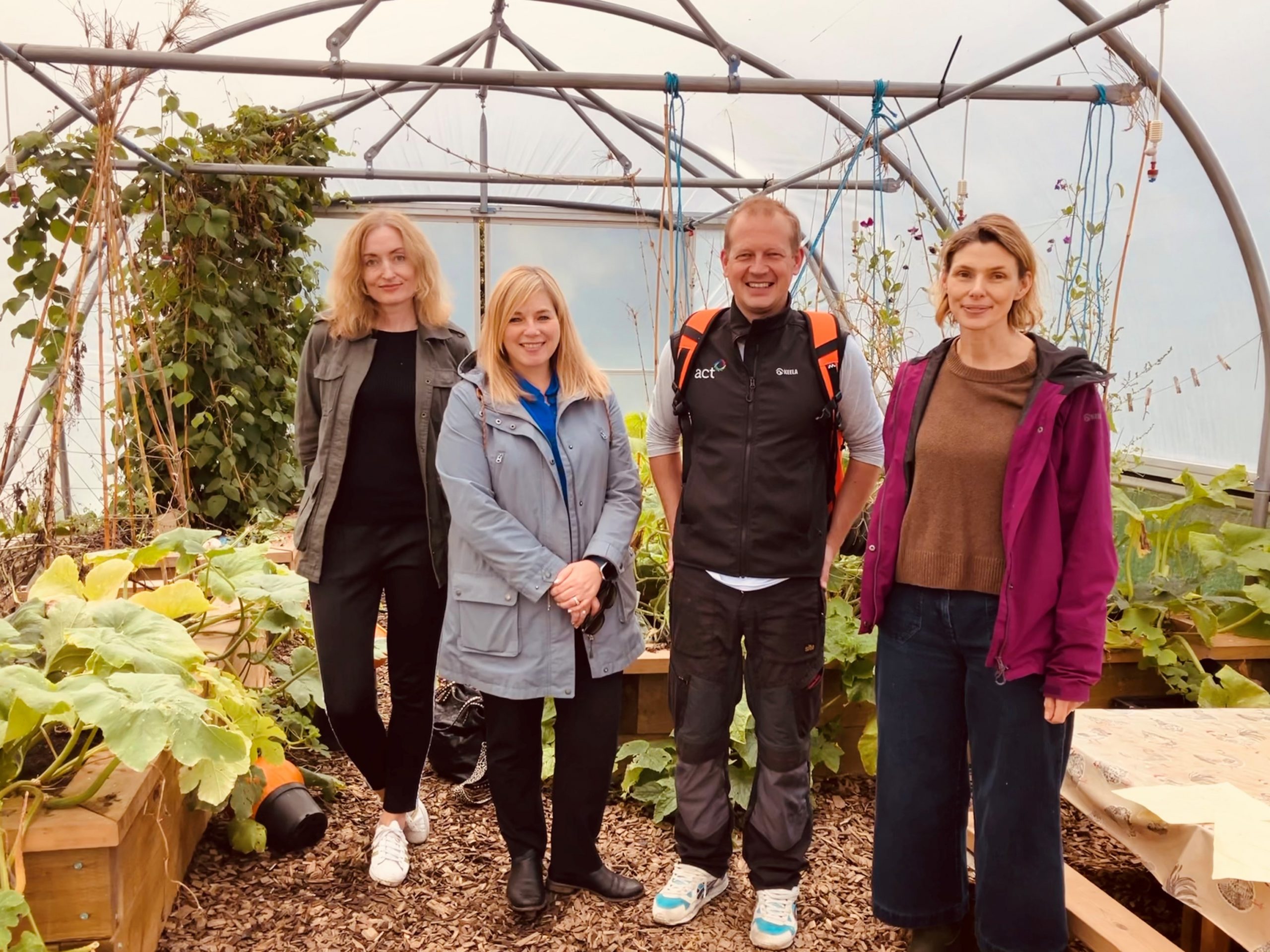
Drax welcomes the UK Government’s announcement of the launch of a consultation on a transitional support mechanism for large-scale biomass generators, including Drax Power Station, as they transition from the end of their current renewable schemes in 2027 to bioenergy with carbon capture and storage (BECCS).
The consultation, which closes on 29 February 2024, recognises the important role which biomass can play in delivering the UK’s plans for net zero as well as energy security, and sets out four models for consideration, including two variations of a CfD model.
Drax Group CEO, Will Gardiner said:
“The Government’s announcement is a welcome step forward in facilitating the deployment of large-scale BECCS and the development of CCUS Clusters in the UK.
“BECCS is currently the only credible large-scale technology that can generate renewable power and deliver carbon removals. The consultation is necessary to develop an appropriate mechanism that will ensure biomass power stations, like Drax Power Station, continue to play an important role in the UK’s energy security while transitioning to BECCS and helping the UK to meet greenhouse gas reduction targets. We will be responding to the consultation in due course.”
In December 2023, the UK Government reiterated its ambition to deploy at least 5 MtCO2/year of engineered greenhouse gas removals by 2030, potentially scaling to 23 MtCO2/year by 2035 and up to 81 MtCO2/year by 2050, and published its latest position on the design of a Power BECCS business model, which includes a 15-year CfD with a dual payment mechanism linked to both low-carbon electricity and negative emissions.
Emma Pinchbeck, Chief Executive of Energy UK, said:
“After planning permission was granted earlier this week, it’s very good news to see another important step in the progress of Drax’s carbon capture project.
“As the Climate Change Committee has made clear, BECCS will play an important role in further reducing emissions and reaching the goal of a Net Zero power system. Drax Power Station is the largest provider of renewable electricity in the country, fitting carbon capture technology to it could remove millions of tonnes of carbon dioxide every year and ensure it continues to play an important part in supporting the country’s energy security.
“As well as providing an economic boost to the area, the UK can also benefit from taking a leading role in the development and expansion of carbon capture technology which will be crucial to decarbonisation efforts right across the world.”
Drax believes that delivery of this ambition will require the development of at least one BECCS unit at Drax Power Station by 2030. Subject to the right investment framework, Drax plans to install carbon capture technology on two of the existing four biomass units. Each unit would be capable of capturing c.4Mt of CO2 per year.
A link to the consultation is copied below.
Transitional support mechanism for large-scale biomass electricity generators – GOV.UK (www.gov.uk)
Analysis by the consultancy Baringa (commissioned by Drax) shows that BECCS at Drax Power Station could save the UK up to £15bn between 2030 and 2050 and would help ensure that the station continues to provide important security of supply benefits. A link to the report can be found here.
Other developments
Separately, on Tuesday 16 January 2024, the UK Government approved the Development Consent Order (DCO) for plans to convert two biomass units at Drax Power Station to BECCS.
The DCO is another milestone for the project, providing planning consent for its development.
Enquiries:
Drax Investor Relations: Mark Strafford
[email protected]
+44 (0) 7730 763 949
Media:
Drax External Communications: Chris Mostyn / Andy Low
[email protected]
+44 (0) 7548 838 896
[email protected]
+44 (0) 7841 068 415
Website: www.Drax.com
END


















